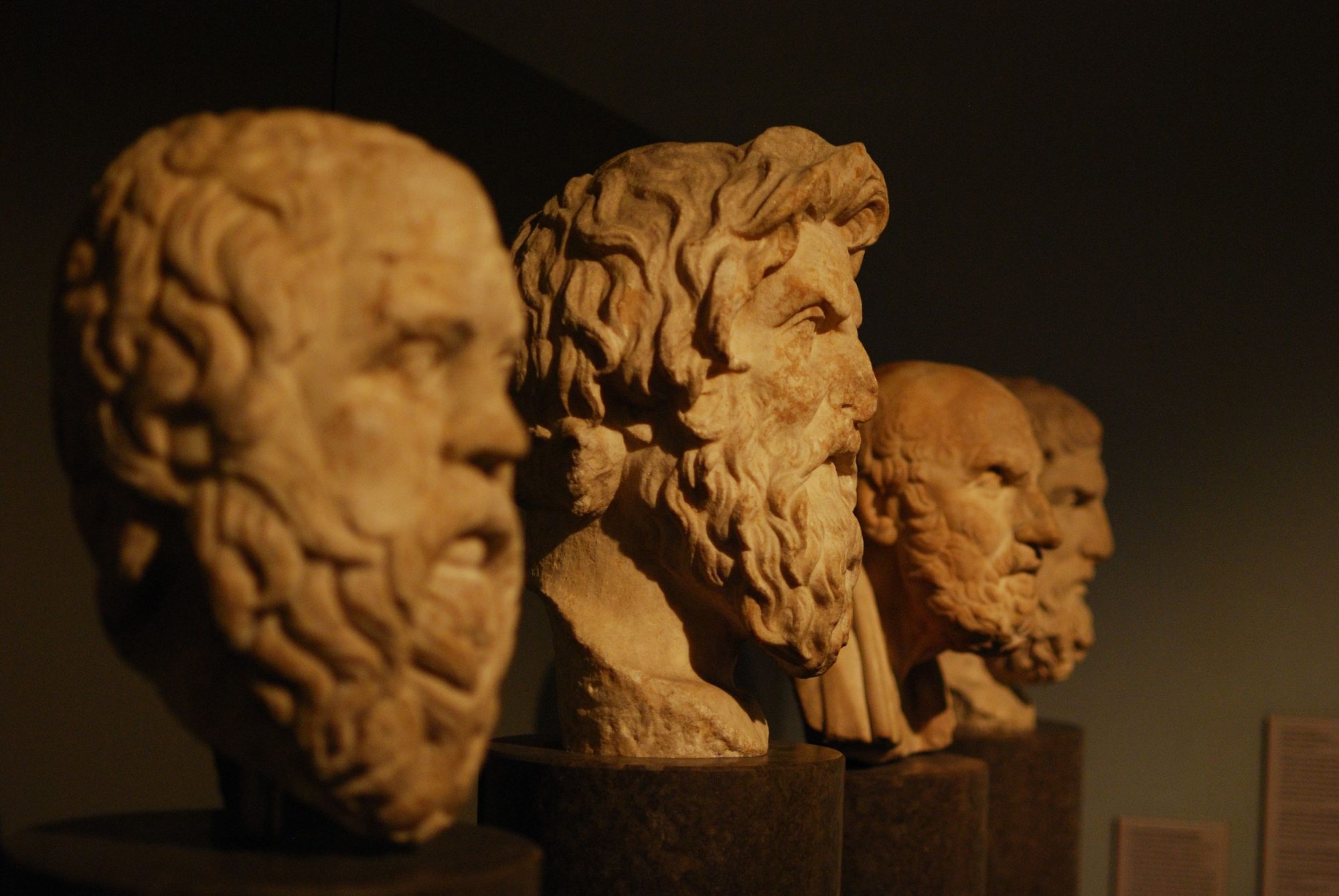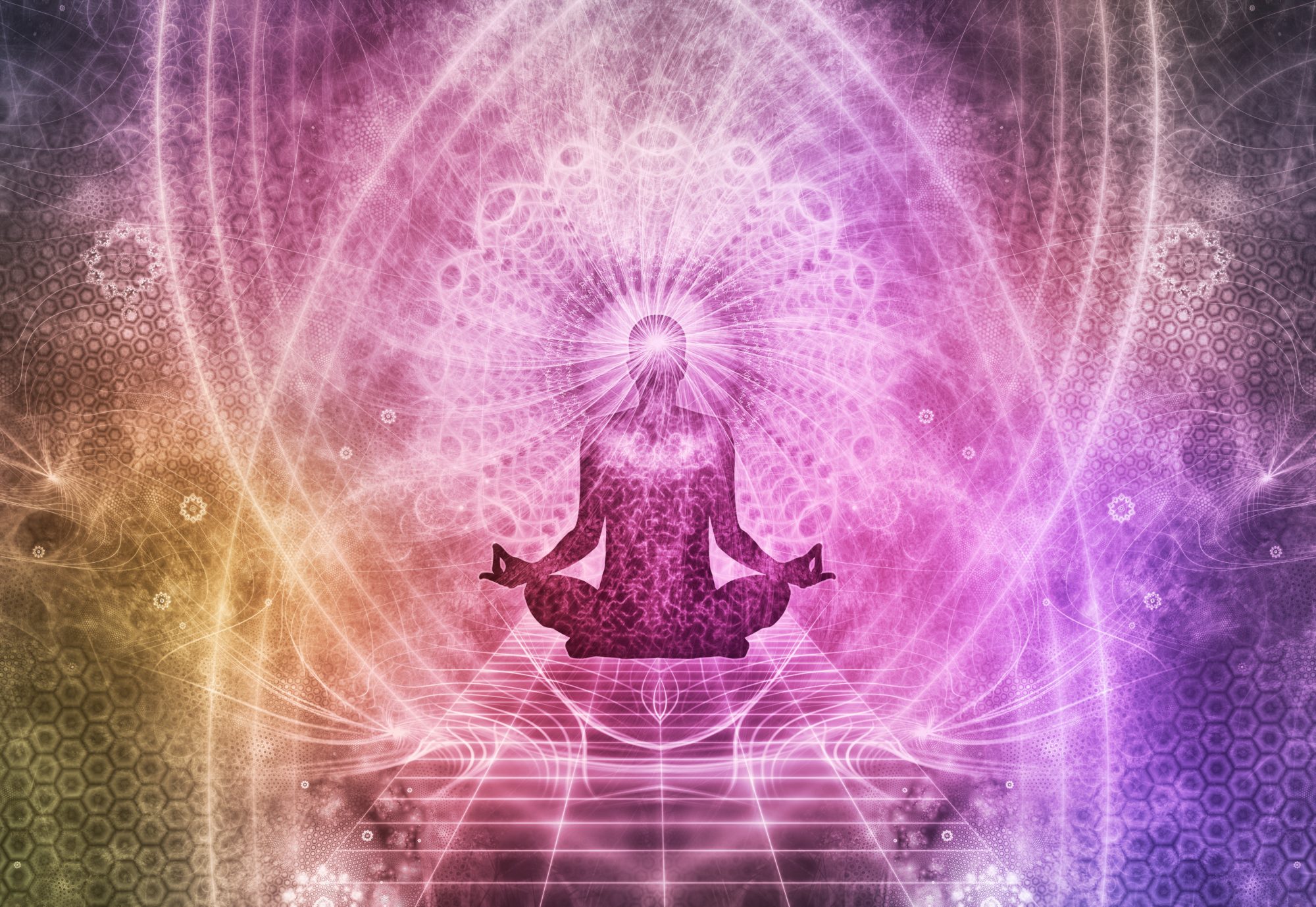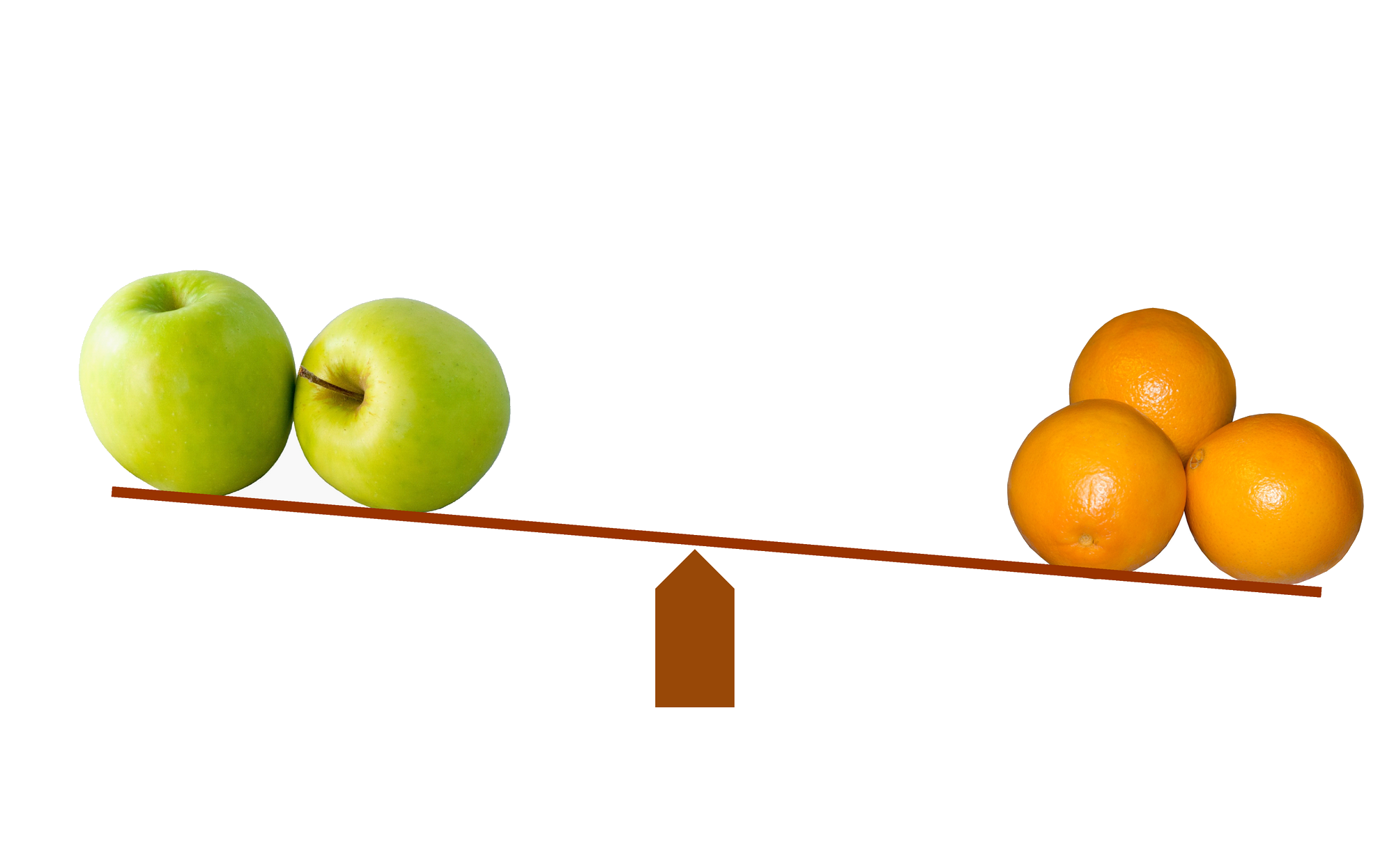The importance of mindfulness. Whether to reduce stress, cope with anxiety, or simply for self improvement, people are looking for ways to deal with the various stressors of life. Professional circus acrobats, performers for Cirque Du Soleil, in conjunction with Stoic philosophers like Seneca, Marcus Aurelius, and Epictetus, share their tactics for mitigating stress and maintaining focus.
[Disclaimer: I do not speak for, or represent in any official way, the people or companies referred to in this post. This text is strictly informational, based on personal experiences of myself and my colleagues. This is my opinion.]
Everyone experiences stress, some more than others. We handle stress in different ways, and in some cases, stress handles us. Prolonged exposure to stress can have effects beyond mental health, branching into the respiratory, cardiovascular, endocrine, gastrointestinal, reproductive, and nervous systems. Basically, stress sucks.
STRESS
(noun)
a state of mental or emotional strain or tension resulting from adverse or demanding circumstances.
As a circus performer, I experience different stressors compared to when I was a student. Flying through the air, over a crowd of thousands, often twice a day, is a bit different than spending a few hours nose-deep in a textbook at the campus Starbucks. (Tressider I miss you – and to be fair, the emotions during finals week is simply a whole different ballpark).
Physical care is of utmost importance for professional circus performers.
Like other organized sports, your body is your income. The extent of physical care differs from company to company, contract to contract. My current job has three world-class physiotherapists who travel with the tour. This allows for consistent and personal treatment (as well as more fantastic people to hang out with). We also have an on-site massage therapist who is available during the shows most days of the week. Other physical-related expenses such as acupuncture, massage off-site, and even gym memberships while on vacation, may be reimbursed.
Professional sport (football, baseball, etc.) recognizes the importance of the mental aspect of an athlete’s performance. Thus, most teams have a sports psychologist, and research in this area is increasing. In the circus world that i’ve experienced, beyond co-workers and a hotline number, there’s little in place to deal with stress and the turbulence that accompanies life as a touring performer.
So you feel pain or muscle soreness, you go to the physiotherapist or massage to be treated. You feel stress… what do you do? There’s no on-site psychologist or zen-master to help navigate life’s ups-and-downs. Nobody to balance your chakras or unblock your chi.
A company can’t be expected to offer these kinds of services. Unlike physical ailments or weaknesses, the mind – emotions, physiological stress, etc, cannot always be blamed on one thing. It’s hard to pinpoint a cause, or have a 1-2-3, follow-these-steps-and-you’ll-be-healed, program. It’s up to the individual to figure out how to best manage and mitigate the anxieties, stresses, and emotions of everyday life in order to give the best performance possible.

Stress relief and mindfulness practice isn’t a new concept. In fact, a lot of old white guys used to spend their entire lives dedicated to this stuff. For an added bonus, i’ve cherry-picked some Stoic philosophers and their thoughts to go along with a few key points. If you’re not familiar with Stoicism, check out the wiki, and this article for a more detailed description of ideas. You’ll hear from Epictetus, Marcus Aurelius, and Seneca. Neat.
Here are a few stress relief techniques and relaxation methods used by some of the best acrobats, aerialists, and other circus performers from around the world:
THE COMMONALITIES
Talking to several artists, two things were universal as a method to reduce stress and stay focused:
(1) Breath
Every single circus artist I spoke to mentioned, “breathing” as a method of focus and stress reduction. An automatic, constant physical action, the breath is always with us, yet we rarely notice it.
Returning to this innate response, the simplicity of it, the raw life that it represents, is centering. I’m not the type that can sit and, ‘meditate,’ for an extended period of time, but everyone has a few moments to notice that they’re breathing.
(2) Some form of getting out of their own head: music, activity, travel, etc.
That voice inside of our heads; constant critique, train of thought, monkey chatter. Is it productive? Mine is mostly cynical and distracting, borderline ridiculous with an occasional sprinkle of inventive. Here’s what some circus artists do to get out of their heads:
- Listen to music, sing
- Workout / Exercise / Stretch / Roll on balls
- Lie on the bed and stare at the ceiling for 30 minutes
- Volleyball
- Sightseeing / nature / travel
- Listen to others / spending time with friends
Nothing crazy.

THE SPECIFICS
MIND-BODY CONNECTION
When you’re in a generally good mood, your body feels good as well. If your body is achy or sore, it’s likely that you’re moody that day. We are so reliant on our physical health, that it’s no surprise that it has a subconscious connection with our emotion.
I use this to my advantage. Rather than letting my body control my mind, I use my mind to control my body. Do activities that will put you in a good mood, and feel the stress and tension melt out of your body.
Example: I wake up, and it’s hard to move my neck. After two shows yesterday and a hard workout, i’m pretty sore, and not in the best mood. It’s another two-show day ahead. I arrive at work, complete my makeup, and begin my warm-up. Still a bit agitated by neck stiffness, I put on my headphones and listen to an energizing song – let’s say, a song from Beyonce’s ‘Lemonade’ album. Suddenly, I could care less about my neck, because I’m a queen and the world is mine. Two shows executed beautifully. Go to sleep, repeat.
Figure out which side, body or mind, you are more connected with, and you can structure your activity for maximum stress reduction.

Acknowledge: All Emotions Come From Within
“Today I escaped anxiety. Or no, I discarded it, because it was within me, in my own perceptions — not outside.” — Marcus Aurelius, Meditations
Our feelings are what we tell ourselves, what we perceive. We are not forced to feel by outside forces. You are always in control of your feelings.
RELEASE
Sometimes, when the stress has built up, or you are the past the point to reduce stress or avoid it, the best option is to release the stress.
Talk. To friends, family, coworkers. Of course you can talk about your hardships, but simple social connection and friendly banter (about anything) can do wonders on mood and overall emotional well-being. On tour, the only people who truly understand the situation we live in, the way of life we lead, are the other people at work. Friendly banter, going out for a meal, it’s all an effective method of stress relief.
Or: Cry. Let it go. Set fire to the rain.
Recognize that there is life after failure.
“Does what’s happened keep you from acting with justice, generosity, self-control, sanity, prudence, honesty, humility, straightforwardness, and all other qualities that allow a person’s nature to fulfill itself? So remember this principle when something threatens to cause you pain: the thing itself was no misfortune at all; to endure it and prevail is great good fortune.” — Marcus Aurelius, Meditations
Recovering from failure, resiliency, is a skill. Even in failure there is a positive, another chance at growth. Welcome failure. Look forward to it.

COMPARISON
Although seemingly counter-intuitive, comparing yourself to others can be an effective stress-relief tactic.
When you find yourself stressed, nervous, anxious, etc, remind yourself that there are so many people out there who have it much worse than you. Recognize this, and suddenly your problems seem comparatively less stressful, less, ‘my word is ending.’
Do you ever have those moments where you look back and think, “I was worried about THAT?” Catch these thoughts sooner, and you’ll save yourself the embarrassment later.
Example: Nearing the end of a city, the company was preparing for the upcoming transfer. I had not yet planned my travel yet, so every time someone would ask, “where are you going between cities?” I’d become increasingly anxious about my unplanned two-week break. I then realized, “I’m stressed out about having to plan a VACATION.” Who gets to complain about not knowing where they want to go on mandatory holiday? The tension no longer had any authority, and I felt a bit ridiculous. In fact, I’m facing the same situation right now. Where to go next…
Try being brutally honest
“‘A consciousness of wrongdoing is the first step to salvation.’ This remark of Epicurus’ is to me a very good one. For a person who is not aware that he is doing anything wrong has no desire to be put right. You have to catch yourself doing it before you can reform. Some people boast about their failings: can you imagine someone who counts his faults as merits ever giving thought to their cure? So—to the best of your ability—demonstrate your own guilt, conduct inquiries of your own into all the evidence against yourself. Play the first part of prosecutor, then of judge and finally of pleader in mitigation. Be harsh with yourself at times.” — Seneca, Letters From a Stoic
Be honest to yourself, first. Can you really handle all of that work? There is no shame in saying no. Is that relationship having a positive impact on your life? Is that job fulfilling?
We may be our harshest critics, but we also cut ourselves quite a bit of slack. That’s why it’s easier to binge watch the latest season of The Bachelor rather than work on that calculus course in preparation for my return to school.
Try being brutally honest with others, but take caution. In a world contaminated with fake fronts and manipulative intentions, an injection of honesty could set you free, but it could also land you in trouble.

VISUALIZATION
Visualization is a technique that many performers utilize. Various elite athletes may visualize the perfect free-throw, a spectacular play. While visualizing a routine is one common way to train and practice, there are other uses to this tool.
- Visual Healing – ‘seeing your muscles releasing, injuries healing, joints moving smoothly through their anatomically correct paths.’ It may sound a bit ‘woo-woo,’ but you never know what the mind is capable of. Here is an interesting article with details on new research with regards to curing the body with the mind.
- Performance Visualization – this method is more common. Walking through the motion or routine mentally. Practicing perfect movement, flawless execution – not always possible in reality – is repeatable in the mind. Some artists find that repeating the good actions gets rid of negative energy (surrounding the possibility of making a mistake). Keep in mind (pun!) that visualization practice is the most effective if done in real-time of what the actual action would take. If the trick takes 30 seconds, visualize going through the motion in a full 30 seconds.
- In contrast – some circus artists intentionally avoid visualization. It can be a form of anticipation. In essence, you’re not actually in the moment. Being too in the head can make it difficult to be in the present when it’s time for the actual performance. Also, during visualization, you risk negative thoughts entering the mind. “I may fall,” “I may make a mistake.” If these thoughts occur during practice, they can worm their way into the real performance. Hardly optimal.
Reflect on what you spend the most time on
“A key point to bear in mind: The value of attentiveness varies in proportion to its object. You’re better off not giving the small things more time than they deserve.” — Marcus Aurelius, Meditations
Prioritization keeps your goals in line and your time in check. Where is your focus? Scrolling through the political updates on Twitter isn’t making me a better acrobat, or getting me closer to my goals.
If you ranked the top things you spent time on in the day, would they be in line with your values?
…..
There is nothing world-changing or brilliantly innovative method on this list. Whether a professional football player, circus acrobat, or university student, we are all human beings. The same emotions flow through our minds. Every person is fighting their own battle between their ears.
You can read bookshelves of self-help books, attend conferences, go on dates, eat that whole cake. Anything to try and find something to calm your nerves, to fill that void. People try input after input, only to wonder, “why is none of this working?” It’s like applying gauze and bandage to a wound, not realizing that it’s actually internal bleeding.
Try turning in – I could proceed to write much more on personal methods of finding calmness and happiness through various methods. What stresses me, simplification, doing the opposite… Maybe in the future.
…
Little bits to digest.
What about you? What methods do you use to reduce stress? What stressors do you experience?
…
If you found this interesting, feel free to share on Twitter or Facebook, using the social media buttons below/above.

Bravo! Loved this. I have always “looked after myself” (exercise diet etc etc) and have experienced a setback (i have a terminal illness). I saw you perform in Absinthe in BrisVegas, Australia, and loved being magically transported to a world that is so different fom mine. I find the current “mindfulness” movement to be a bit of shit in some ways – i dont wanna be in every moment in the body i now have. “Mindful distraction” has become my best friend.
Love your observations and perspective. Thankyou for sharing.
Thank you for your comment Margy! Your comment actually transported me too – back to BrisVegas, back to Absinthe. It’s amazing what a bit of reflection can do. It can provide perspective on how far we’ve come and a chance to feel proud of what we’ve accomplished. And looking at what you’ve gotten through in the past, can give you confidence to know you can tackle anything that comes your way in the future. Best of luck to you. xx